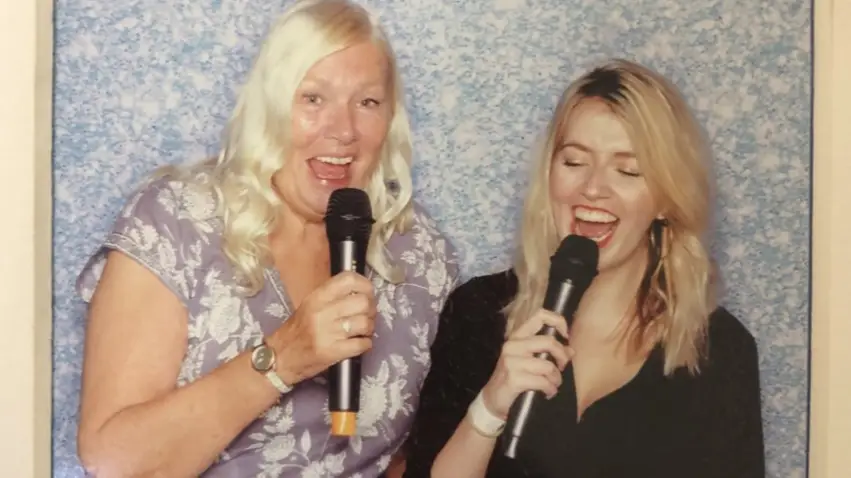
"Have you packed your sandwich? And your laptop? And some hand sanitiser? I got some more from Tesco the other day so don't take a half-empty one with barely any gel left."
It was when my boyfriend snapped: "Kim, stop mothering me!" that I took pause and realised how irritating I was being.
It's not the first time that I've heard my mother's voice come out of my mouth in recent months. In fact, it seems that as the longer the coronavirus pandemic has raged, the more I find myself morphing into my 67-year-old mum.
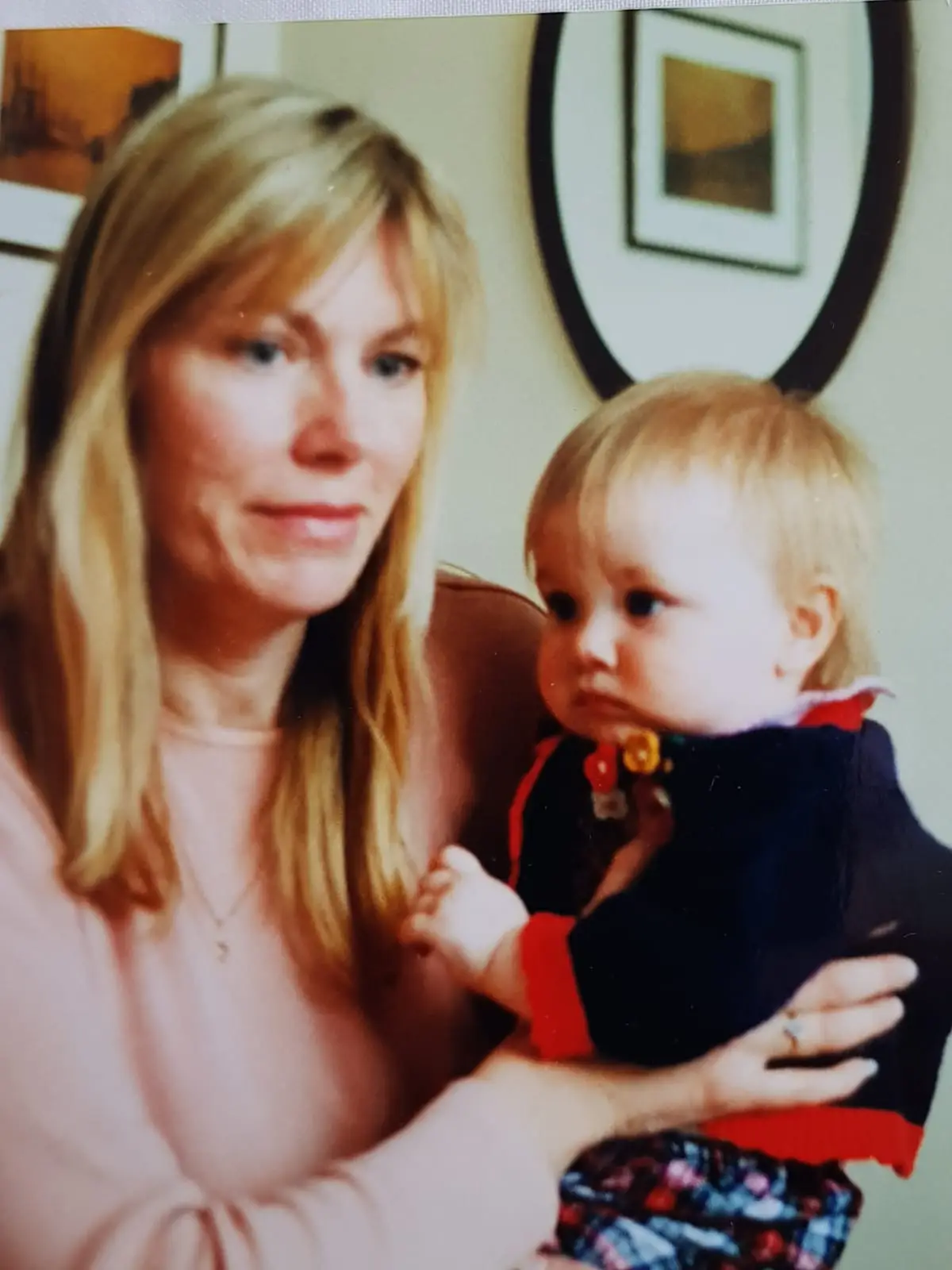
There was once a time in my life when I could not imagine anything worse than turning into Sheila. As someone who has always prided myself on being independent and self-contained, my mum was my polar opposite. She's a fusser and a botherer, a double-checker and a scheduler fuelled by constant reminders and queries - a bit like a human version of the Microsoft Word Paperclip.
Mothers and daughters are wholly unique in the we can infuriate each other like no one else. The idiosyncrasies only belonging to my mum can make me roll my eyes and massage my temples. The fact that Sheila can speak five languages fluently but cannot use the Sky Q box unaccompanied, for example. Watching her attempt to do literally anything on the internet. Saying "you should be more careful" when I lose sight of something even for just 30 seconds.
But watching myself slowly morph into Sheila in recent years has been an unexpected source of comfort. Like her, I am becoming more simultaneously softer yet stronger, more wearied in battling pain and more caring for those I love, embodying the traits I recognise immediately as hers.
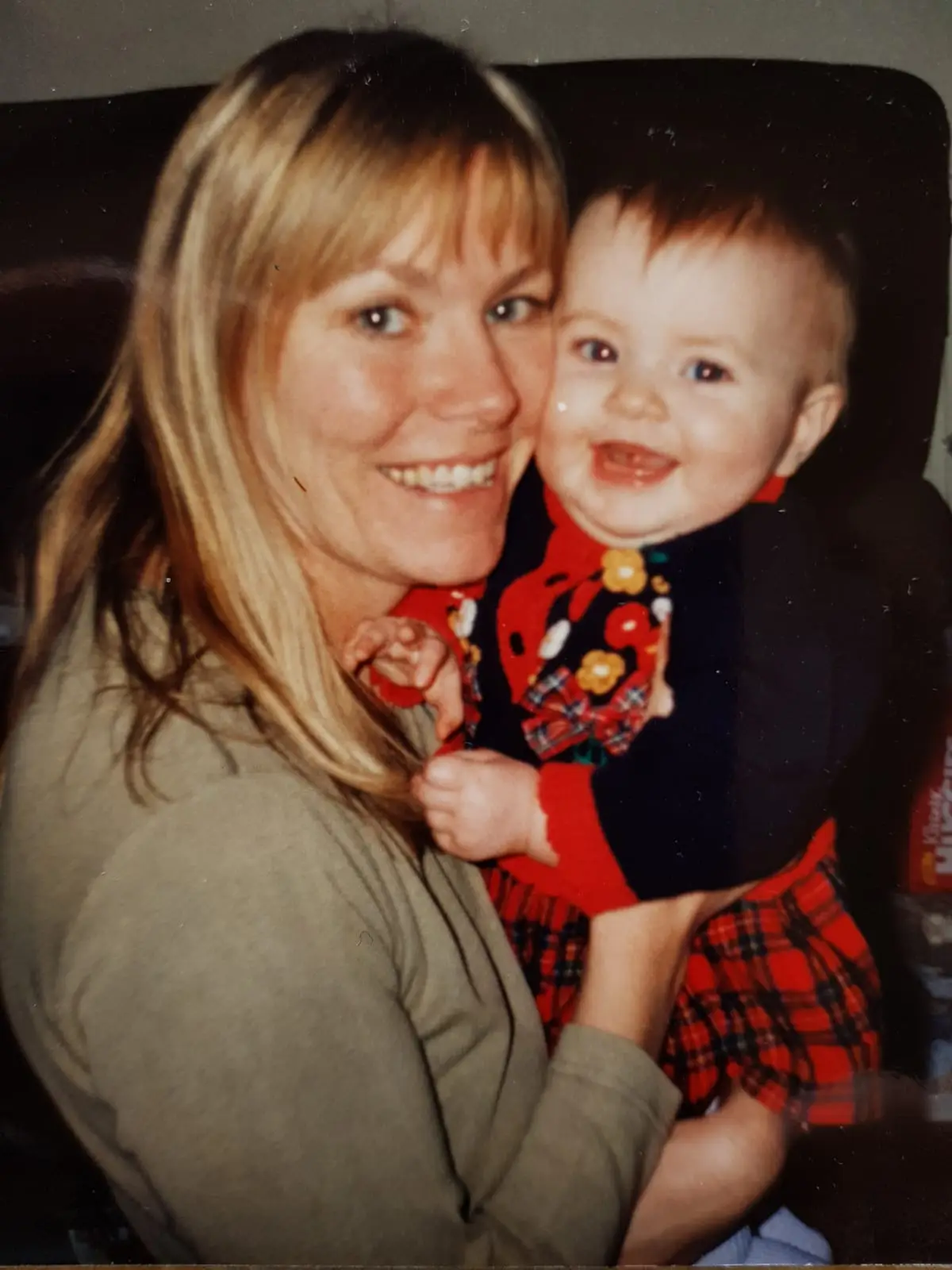
My mother has always been a towering pillar of strength my entire life, a stoic and resilient force that belies a tender and gentle centre. She raised me and my older brother single-handedly from when I was two, working a full-time job before coming home and cooking dinner, and often carrying on her work at the dinner table and falling asleep with piles of papers on her lap.
In recent months, the pandemic has left me feeling so drained that I too have now started to fall asleep on the sofa with my laptop sat balancing precariously on my belly - and it's not the only similarity I've noticed.
My own brow is now permanently wrinkled with thoughts of my loved ones catching coronavirus. I have inherited my mum's natural instinct to fuss as a means to protect those I love, attempting to show my boyfriend how much I care - even if it is just by doing small things like buying his favourite hot chocolate or washing his face masks.
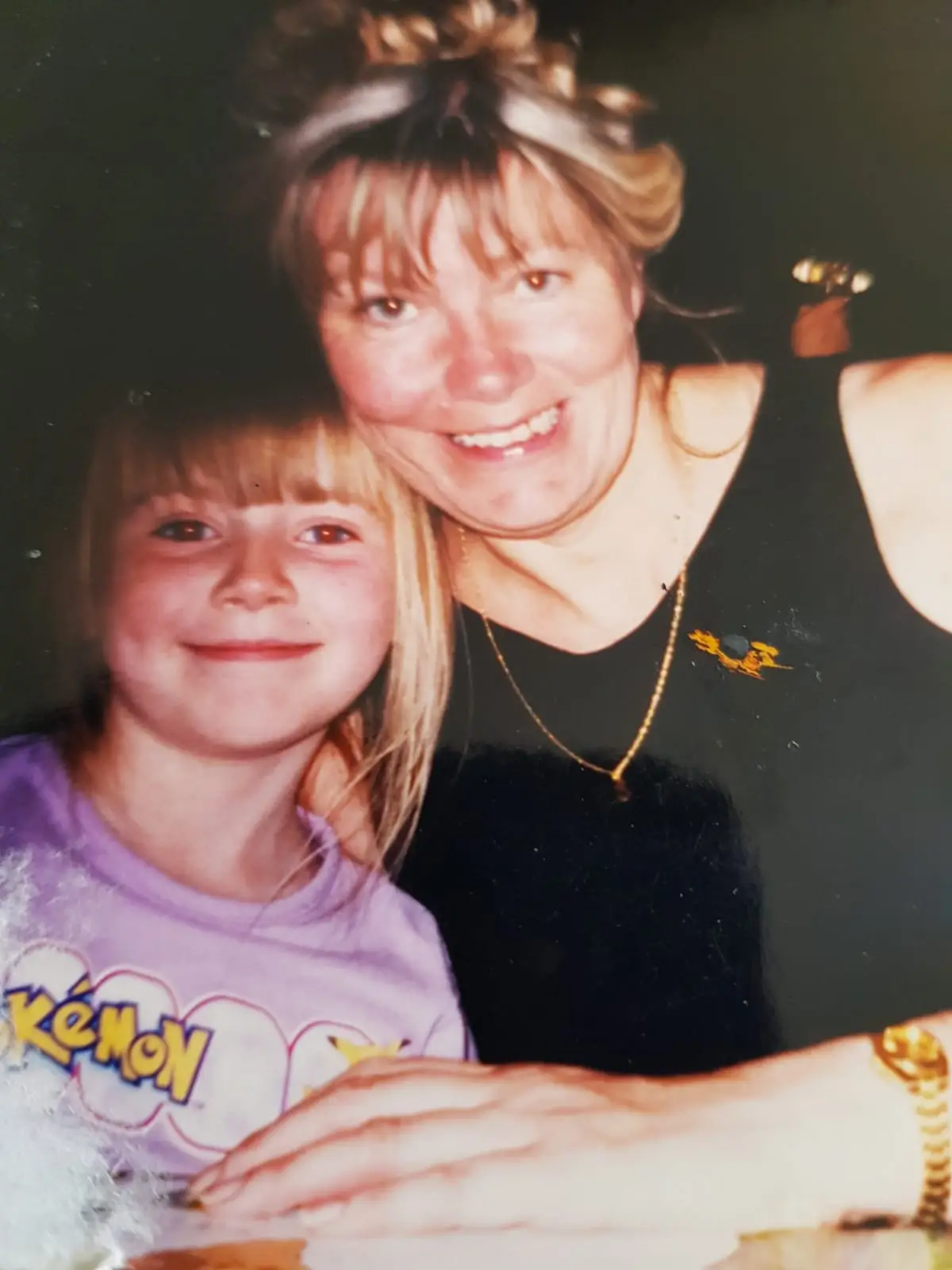
But mainly, I suspect I'm becoming my mum because I miss her. Like most other people across the country locked down away from home, I have suffered from being separated from her. Our lazy shopping trips out in London have been put on hold, home-cooked dinners replaced with me worrying day-in, day-out about her welfare - biting my nails down at the thought of her volunteering in a hospital throughout the pandemic.
The tearful relief I felt when she texted me to say she was now fully vaccinated against coronavirus was the sweetest, best feeling I've had for over 12 months.
While I count myself incredibly lucky that she is safe, I feel a dull ache in my stomach whenever I think about how much I want to be in her presence. I never imagined there would come a time in my life that I would long to be at the family home, listening to her foghorn laugh as she watches Would I Lie To You?, or loudly sing the wrong words to every song ever as she cooks dinner.
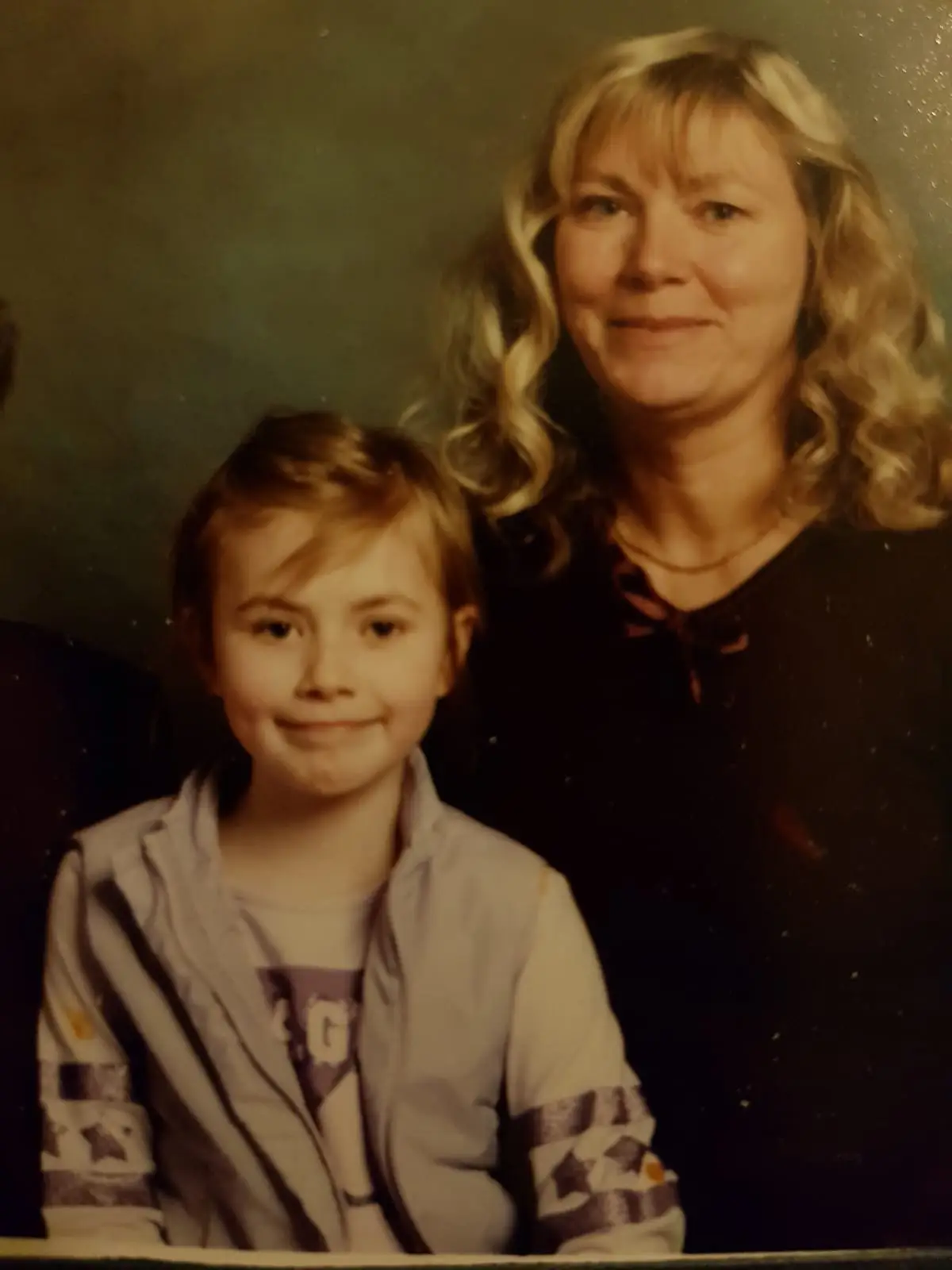
At times where I miss my mother the most, like today, I'm reminded of a quote from writer Dolly Alderton. "Nature ensures we turn into our mums in a small or significant way as a survival necessity," she writes. "It is too painful ever to be fully separated from these women with whom we once shared beds, baths and a blood system.
"We become our mothers so we never, ever have to be without them."
Featured Image Credit: Kimberley Bond